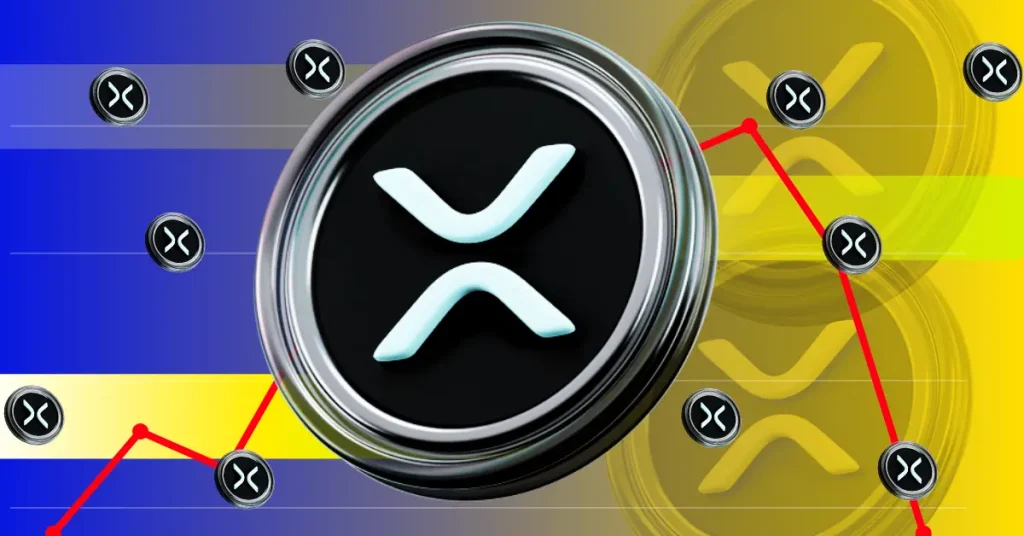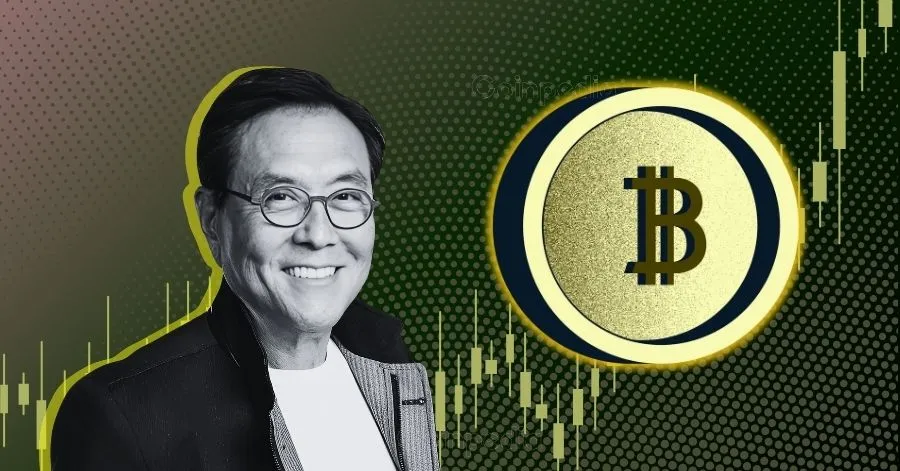
Just last week, I wrote an article on Ethereum’s imminent (am I allowed called it imminent now?) Merge, and asserted my feeling (as well as the market’s at large) that it will *finally* happen this summer.
That piece dug into what exactly the Merge is, why it is needed, and when it will happen (don’t hold me to that last one). It was, largely speaking, an informational piece on what this all means for Ethereum. If that article was the strict parent instilling discipline, this one is the fun uncle. Because we are going to predict what will happen to Ethereum’s price post-merge.
The Lazy Theory: We are Going to the Moon!
Strap in boys and girls, because we are going to the moon. Haven’t you heard, Proof-of-Stake will reduce Ethereum’s environmental impact by 99%? Sharding will ramp up the scalability of ETH – we will get 100,000 transactions per second (TPS)! The blockchain trilemma is a thing of the past – ETH will have solved it, and all it’s problems will be washed away. Gas will cost pennies, Vitalik will be President and Ethereum will take over the world.
No.
Well, maybe.
But probably, no.
Priced in
Buy the rumour, sell the news.
It annoys me how true clichés can be, but I guess they’re clichés for a reason. The most poignant one (from a cryptocurrency perspective, at least – although what else matters, huh?) is the following:
“If it’s that easy, everyone would do it”
The entire world has known the Merge is coming for quite some time now. It’s not quite so simple as just going irresponsibly long as the Merge approaches because it’s “good for Ethereum” (which it is, by the way – but that doesn’t mean the price will simply rise once it’s live).
Let’s take a look at Ethereum’s price action over the last two years:
 Ethereum’s price action over the last two years, data via CoinMarketCap
Ethereum’s price action over the last two years, data via CoinMarketCapThis is during a period where the network is has been damn near unusable due to gas fees, unless you’re dropping seven figures on a cartoon monkey (spoiler alert: I’m not). The Merge has been coming a loooooong time – and there is simply no way that we see that vertical price action without the expected upgrades to what is – let’s just say it – a clunky, expensive and congested network.
This is probably the part where you scream at your screens, firing DogeCoin and Shiba charts at me and demanding answers for their price action, because it sure as hell wasn’t fundamentals that drove those prices vertical. And you’d have a point, but I’m not saying all Ethereum’s success is due to the Merge – of course it’s not. COVID, money-printing, mainstream narratives, Bitcoin’s rise etc etc – the world is a different place now than it was two years ago, and you could drive yourself mad with all sorts of butterfly effect-type scenarios. There were a million different variables that culminated with ETH’s rise.
What I’m trying to say is that Ethereum’s problems are so draining on the network that there is no way it would have risen quite so high – to a $413 billion market cap while retaining second place behind Bitcoin – without at least a plan of how to fix them. And that plan is the Merge (or ETH 2.0 as it was formerly known).
 Google Trends shows interest in the “ETH 2.0” term picked up around Jan 2020 (note, the merge was previously referred to as ETH 2.0 as part of the wider suite of upgrades, so makes more sense to analyse that phrase historically)
Google Trends shows interest in the “ETH 2.0” term picked up around Jan 2020 (note, the merge was previously referred to as ETH 2.0 as part of the wider suite of upgrades, so makes more sense to analyse that phrase historically)Such simplistic logic like “oh but the Merge is coming, so ETH is going to the moon” is just that – simplistic. The world knows that, and the Efficient Market Hypothesis takes care of the rest – it’s priced in. This hasn’t hit us overnight, as the Google Trends data above shows.
So, with all this hype and expectation, I wouldn’t be surprised to see it go the opposite way. It could be a buy the rumour, sell the news type event – the type we see all the time in the crypto world. Lazy narratives suit armchair investors and clickbait headlines, and I guess that’s the world we live in right now. Don’t fall for the trap; an already-priced-in event shouldn’t move markets.
Moreover, there’s another factor which is key here, and significantly affecting my thoughts….
Flood of Supply
I hold ETH. Although that ETH, like so many other investors, is staked in the Ethereum 2.0 staking contract. And with the merge pushed back repeatedly – everyone expected it to live by now – this lock-up of staked ETH has gone on significantly longer than anticipated. More importantly, the delay has also caused the quantity of ETH locked up to rise.
This means investors haven’t been able to sell their ETH.
Well, kind of. There do exist “liquid staking” options. Indeed, my ETH is staked on Binance, which gave me BETH tokens (1 BETH for each ETH) which has given me the opportunity to sell my ETH and reduce my exposure. But at best, it’s not clean and it’s a little clunkier than if I simply held my own ETH, while certain staked products are most definitely locked up until the Merge is live.
And this takes me on to my next point. Take a look at the graph below:
 11 million ETH tokens are now staked, via IntoTheBlock
11 million ETH tokens are now staked, via IntoTheBlockThe graph shows the rise in ETH staked since the ETH 2.0 staking contract went live in November 2020. As I sit here in April 2022, it is at 11 million ETH – worth close to $40 billion at current valuation. Remember, the market cap of ETH is $412 billion, meaning nearly 10% of the supply is staked and will be released upon the Merge. That’s a lot of supply, and its all coming to a theatre near you.
Now, what happens when all this ETH is suddenly released?
And you’re telling me that you want to buy more going into the event, because “Merge is good for ETH so ETH moon”?
 There is very little ETH leaving exchanges, data via IntoTheBlock
There is very little ETH leaving exchanges, data via IntoTheBlockLong-Term
Let me make this brief, but clear. I love Ethereum – I’m massively bullish long-term and, despite my expectations of the short-term impact on the price, I still won’t be selling any of my ETH anytime soon.
My conviction in this prediction of a short-term price decline is not as high as I am making it out to be. My robust confidence in ETH long-term, however, is unwavering. And that’s why, for me, I’m holding through the merge – not selling my ETH, but not buying anymore in the run-up. But then again, I’m just a boy writing words on the Internet.
ETH is the Reserve Currency of the Digital World
The merge is so vital for the underlying blockchain and long-term feasibility of ETH that it can only be a good thing. ETH is vastly becoming the currency of the digital world – everything is priced in ETH, including NFTs, metaverse tokens, even crypto developers’ labour– the other day my friend actually bought salsa lessons in ETH here in Colombia (OK, salsa lessons are for the moment still priced in fiat, perhaps that was an exception).
Once the Merge is fully established, I would expect staked ETH to double or triple (yields could be close to 10%, and boy do people loooove passive income). With mining obsolete, the inflationary aspect of ETH (currently circa. 3%) will also likely become (slightly) deflationary, as the burning of the base fee will be greater than the staking rewards.
And if my prediction of a doubling or tripling of staked ETH once the dust settles comes true, that means 20% or 30% of ETH will be staked at any given time – again, what do you think this will do to the price?
I believe Bitcoin is absolutely becoming established as a store-of-value, an alternative to sovereign-controlled currencies and fiat savings, but Ethereum is the playground of cryptocurrency, where devs come to build, projects come to launch and radical ideas form that can change the financial world. And for all of this, the price of admission is paid in ETH.
The network effects of ETH are too strong (the first mover advantage is so key here) and the long-term implications of the Merge (and EIP-1559) are too bullish, as discussed above. Fewer coins will be issued post-merge and the deflationary angle will gather too much steam – there is no way ETH doesn’t climb over a long enough time period.
So I won’t be selling any ETH, nor am I any less bullish long-term. I just think it’s wise to temper expectations in the medium-term once the Merge goes live.
The post Ethereum merge – things may not be what they seem appeared first on Invezz.















 English (US) ·
English (US) ·